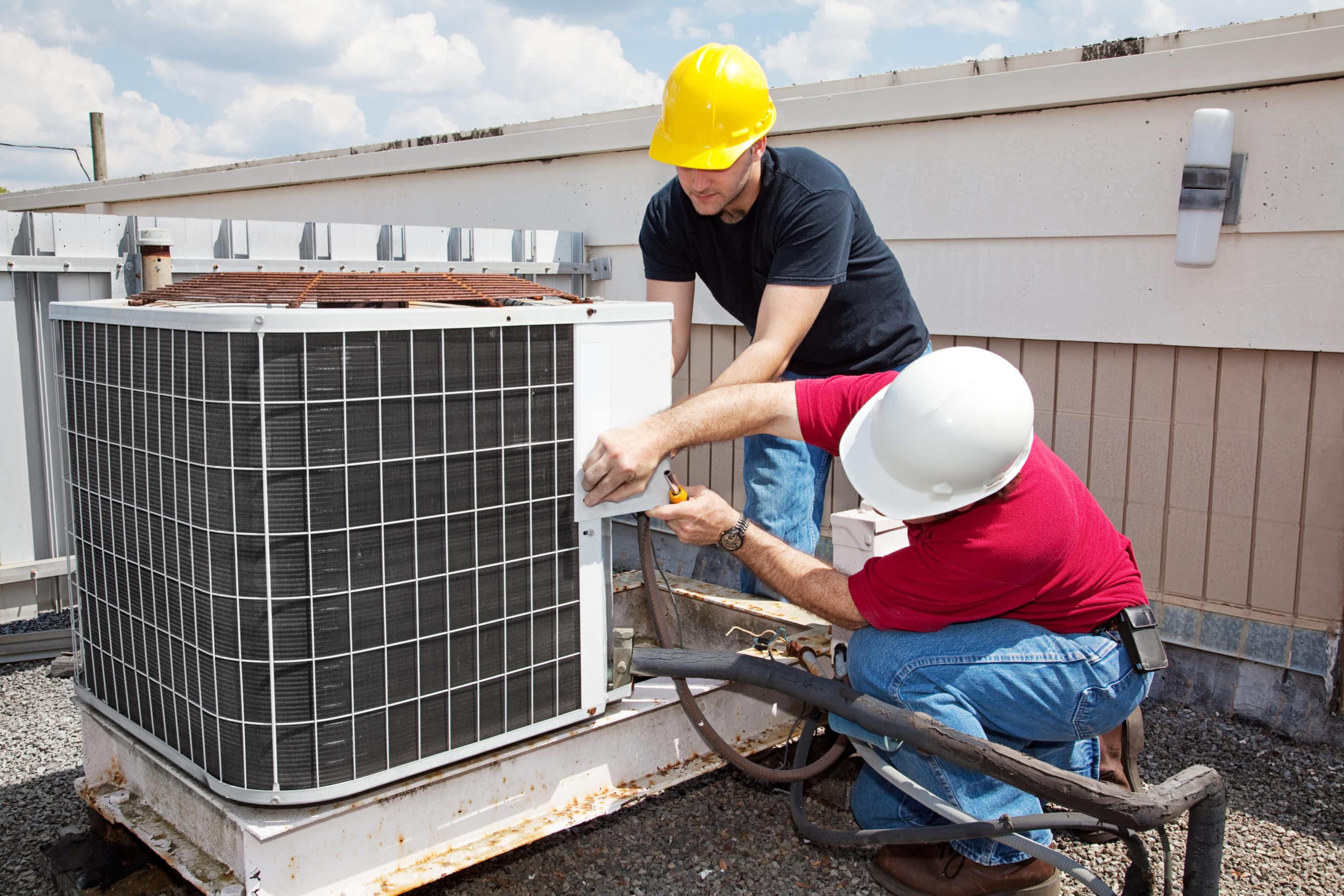
You can learn certain tricks and tips to increase your skill set, whether you are an aspiring electrician or an experienced pro. These can help increase your chances of success, and make your job easier.
The #1 Electrician Tip: Disconnect the power before working with electrical wires
Electricity is a powerful tool and professionals know this. It's crucial to stay safe around it. You could get into serious trouble if you don't adhere to basic safety rules when working around electricity. These simple rules will help you and your family stay safe.
The #2 Best Tip for Electricians: Make Sure You Check All Wires Before You Use Tools
It is crucial to assess any damage that may have occurred when wiring is being repaired or installed. It is a good idea to avoid touching wires if there are cracks or frays. This is because damaged wires can be a major cause of house fires and life-threatening electrocution.

#3 The Best Electrician Tip: Be Consistent in Your Communication Style
Customers are important in any business. It is particularly important for electricians. It can mean the difference of repeat business and losing potential projects by providing excellent customer service. Any electrician, no matter their experience level, should have excellent communication skills.
The #4 best tip for electricians: Be respectful of your customers
A great electrician knows that customer satisfaction is critical. The best way to build loyal customers is to take care your customers from the first phone call to the last. This is because it results in more repeat business, and more referrals.
The Best Tip for Electricians #5: Keep up to date with the latest developments in the industry
An electrician is constantly searching for new information that will help him do his job better and more efficiently. It is vital to keep up with current trends in the electric industry for both your career and your pocketbook.
The Best Electrician Tip: Never Put Your Hands Near Live Wires
It's a very obvious safety rule, but it's a rule that many people fail to follow. You should never touch any electrical equipment. This includes your tools' handles as well as any metal items you might use.

The Best Tip for Electricians: Be a team player
You are responsible for your employees' safety as a professional. It's your responsibility to ensure that they follow all safety rules and regulations, including wearing the proper equipment and not exposing their skin to contact with live wires. They should be able to share any skills or knowledge they have in a friendly and respectful manner.
The Best Tip of an Electrician: Make sure you have a plan for every project
It is your responsibility as an electrician to be able to safely manage any project you are assigned. It is possible to plan ahead and predict the time it will take. This can help you avoid costly errors and ensure that you complete the task on-time and within budget.
FAQ
Is there an upper limit on how much I can spend?
No. No. The contractor may be willing to negotiate a lower price.
What is a Standard Contract Form and how do you use it?
A template for creating contracts is the standard contract form. These templates often include all of the necessary elements for a contract, such as the date, time and place.
Individual clients can modify standard contract forms. For instance, some companies offer their standard contract forms.
These forms may be not suitable for every situation. They can save you lots of time and effort.
You might want to consider using one of these standard contract forms.
What is the scope of my SCA?
Your SCA will outline the specific scope of work required. This includes how long it will take to complete, what materials and equipment are needed, as well as whether any permits are required.
Who provides a Service Agreement?
You and your customer will agree on how you will provide services. It details the customer’s responsibilities, what they can do for you, and when they will have to pay.
Additionally, the service agreement confirms whether additional fees will apply to extra services.
A service agreement should cover all terms and conditions. This includes payment methods, delivery times, warranties, etc.
You can use this template to cover every aspect of the agreement.
Is a contract of service a warranty?
A service agreement is not a warranty. It is an agreement between parties to exchange goods or services. In this case, the customer agrees to pay the cost of repair or replacement if the product does not perform satisfactorily. This type is also known under the name maintenance contract.
Statistics
- Depending on the client's trustworthiness and financial stability, a deposit is usually 10 to 50% of the total contract amount. (lawdepot.com)
- While we offer all our high-quality services at competitive prices, we know that many who need our services are on fixed incomes, so we offer a 10 percent discount for seniors and military members. (homeservicecontractorsinc.com)
- (d) Contractor disputes related to compliance with its obligation shall be handled according to the rules, regulations, and relevant orders of the Secretary of Labor (see 41 CFR60-1.1). (acquisition.gov)
- Don't take their anger personally, they are mad about the situation 99% of the time. (activatemylicense.com)
- (ii) Name, address, and telephone number of each proposed first-tier subcontractor with a proposed subcontract estimated at $10 million or more. (acquisition.gov)
External Links
How To
What should a service agreement include?
Service agreements (SAs) are essential for any business relationship. It sets out what you expect from one another and how you intend to achieve these expectations. The SA also details when and where each party should fulfill its contractual obligations.
The following are key elements for a successful SA
-
The scope of both the work and the services required.
-
Details about the payment terms.
-
The project price must be agreed.
-
Additional charges such as VAT and other fees may apply.
-
If there are any other issues that need to be addressed.
-
Who will be held responsible for any problems that may arise on the job?
-
How disputes will be settled
-
What happens if one of the parties breaches the contract?
-
What happens in case of dispute.
-
When does the contract go into effect?
-
What happens when one of the parties doesn't perform?
-
How long can you wait to pay invoices
-
Who pays for things like travel expenses.
-
Where the money comes.
-
What happens if a client changes his mind?
-
What happens if your supplier doesn't show up?
-
Who has permission to view the site during construction
-
What happens when the customer cancels a project?
-
What happens if a product is not as described?
-
What happens if the supplier refuses to sell parts?
-
What happens when the equipment stops working?
-
What happens if the project is delayed?
-
What happens if the work isn’t completed within the stipulated time?
-
What happens when the project's quality falls below what you expected?
-
What happens if the cost overruns.
-
What happens if materials are not delivered on time?
-
What happens if your material arrives damaged?
-
What happens to the products if they are not up-to-standard?
-
What happens when the job is cancelled before completion?
-
What happens when the company goes under?